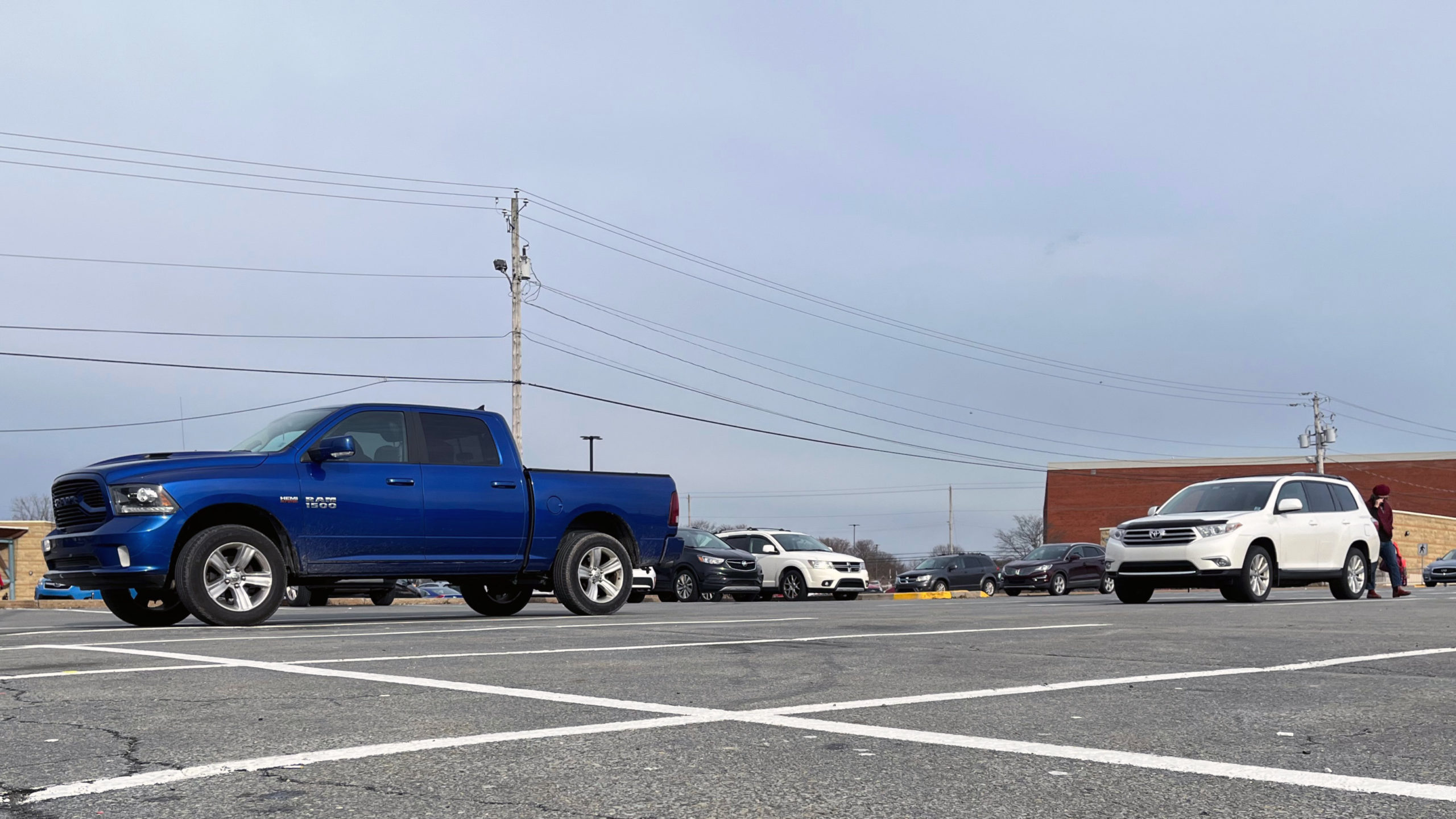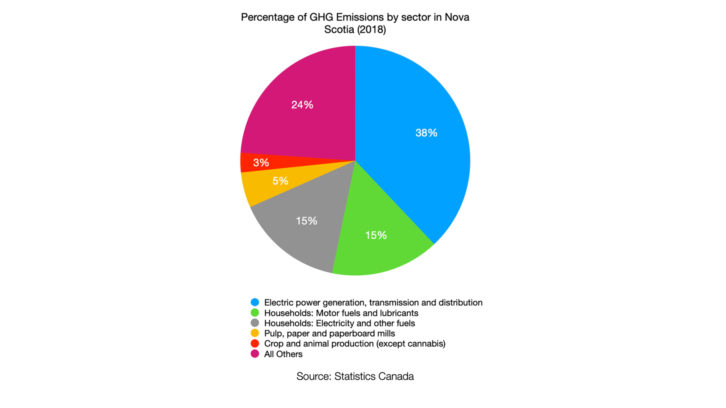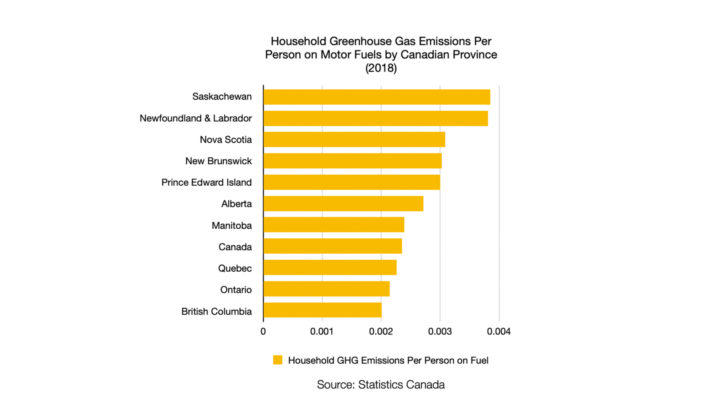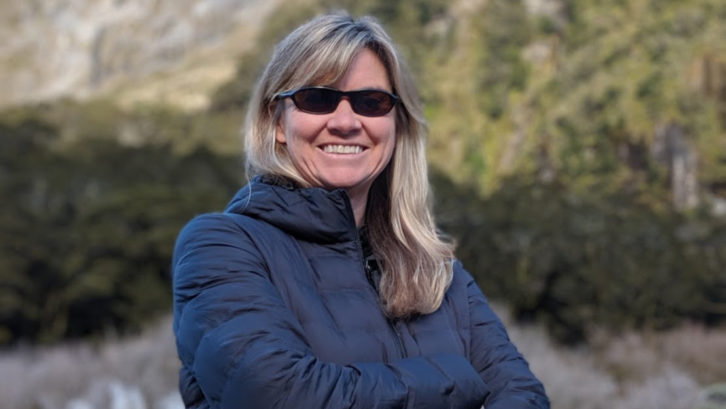If we sacrifice for COVID, we should sacrifice for climate, say environmental scientists
In a climate emergency, experts say we should fly less, drive less

caption
Many Nova Scotians still drive large vehicles, despite warnings that they are heavy polluters and contribute to climate change.Nova Scotians have made many sacrifices for the COVID-19 pandemic, but environmental experts say it is now time for them to make sacrifices for the climate crisis as well.
Tarah Wright is an environmental scientist who teaches environmental problem solving at Dalhousie University.
“I think this is a really interesting time, especially since COVID has come around … we actually have a chance right now to rethink the rules,” Wright said.
Environmental scientist Caroline Franklin, who also teaches at Dalhousie, agrees.
“I think we can learn a lot from the COVID-19 pandemic because the pandemic really showed us what we’re capable of doing under the circumstances,” she said.
In a country that’s tied for the worst polluter in the developed world, Nova Scotia is among the worst of Canada’s provinces in terms of greenhouse gas emissions per person.
Nova Scotia’s reliance on burning coal to generate electricity is behind its poor performance on greenhouse gas emissions. The largest source of the province’s emissions is electric power generation.

caption
The largest source of emissions in Nova Scotia is power generation. But the second largest is motor fuels by households.While individuals don’t bear all the blame, experts are adamant that people must be willing to make large changes if Nova Scotia is to achieve its climate targets.
Reduce motor fuels
The province’s second-largest source of emissions is from cars and trucks. The province has 30 per cent more emissions per person on motor fuels than British Columbia.

caption
Nova Scotia is third worst for emissions by motor fuels consumed by households.One solution is to reduce motor fuel usage by increasing bus and train ridership. But the COVID pandemic changed how one expert looks at that problem.
According to Ruth Forsdyke, a Halifax economist who has taught environmental economics at Dalhousie University, reducing Nova Scotia’s motor fuel consumption will not be solved solely by improving public transportation.
“If you’d asked me before COVID, I would have said we should be taking transit. But now it looks like it’s changed,” she said.
Fear of the virus has made people hesitant to use public transit, she said, but the pandemic has been a game-changer for climate change solutions as well. Shutdowns that forced people to work from home also reduced the amount of traffic and auto emissions.
“With COVID, we also see the solution of working at home. That actually can knock out a lot of commutes,” Forsdyke said.
Electric vehicles, which emit no greenhouse gases, can offer another solution. But the provincial government’s climate plan only calls for 30 per cent of vehicles sold by 2030 to be electric or plug-in hybrids.
Forsdyke said switching from a gas-powered SUV to an electric SUV is a modest environmental improvement at best. She points to the pollution caused by the mining of the minerals for the batteries in the cars.
“If you’ve got a car, use it sparingly because there’s a big fixed cost of making a car,” Forsdyke said.
One famous study from 2017 by Seth Wynes and Kimberly Nicholas examined the most effective individual actions people can take against climate change. The study found that living car-free has the most significant impact, second only to having one fewer child.
The study also found that driving a compact vehicle, instead of an inefficient vehicle like an SUV, can also have a large impact.
To Forsdyke, an SUV is unnecessary in a climate emergency.
“People love these huge SUVs … they have to be so big, and you know, we’re in an emergency here,” she said.
Wright also takes aim at inefficient vehicles, which she describes as anything other than a compact car.
“Fly less, get rid of your inefficient vehicles, car share, ride a bike, take public transit. In Canada, transportation accounts for 24 per cent of our climate polluting emissions,” she said.
Fly less
Caroline Franklin, who teaches a class on environmental problem solving at Dalhousie, mentioned the damage that comes from cross-ocean flying.
“Flying contributes quite a lot of carbon dioxide emissions, especially transatlantic flights,” Franklin said. “A lot of people fly transatlantic for work and fun.”
The study by Wynes and Nicholas found that just one fewer transatlantic flight produces over half the emissions of someone living car-free over the typical lifespan of a vehicle.
Forsdyke wishes the public would be just as willing to forgo non-essential air travel due to the climate crisis as they are due to the coronavirus.
“I haven’t seen my parents in two years because of COVID … a lot of people have just decided not to fly just because they don’t want to spread the COVID around,” Forsdyke said.
Many in Nova Scotia fly elsewhere during Thanksgiving and other holidays. But Wright understands the reluctance to give that up for the climate cause.
“People need their families, people need their loved ones. So, I’m not saying that we need a moratorium on all flying. But I really do think that we need to rethink flying,” Wright said. “It’s a huge cultural change that needs to happen.”

caption
Tarah Wright is an environmental scientist who teaches environmental problem-solving at Dalhousie University.Wright pointed out that people also have the power to lobby for changes.
“As an individual, urging your government to take bold and ambitious climate action, like building a bullet train that goes from coast to coast that is affordable for Canadians,” she said.
Solving the climate crisis may seem complex, but Forsdyke said we already know what we have to do to solve the problem, and people simply need to care enough to make those changes.
“If everybody kind of all of a sudden realized that there’s this huge problem, and we’re all altruistic and we all tried to co-operate, it actually wouldn’t be that hard to get our emissions down by half,” Forsdyke said.


B
Bob Smith
S
Siddi Nasrani
j
jamesHalifax
C
Captain Obvious